metal matrix composites - mmcs
At Calix Ceramic Solutions, we understand the constant push for innovation in various industries. One such advancement is the development of metal matrix composites (MMCs), a revolutionary material category that merges the best qualities of metals and ceramics.
Metals are renowned for their strength, ductility, and good electrical conductivity. However, they can be susceptible to high temperatures, wear, and corrosion. Ceramics, on the other hand, offer exceptional hardness, wear resistance, and high-temperature performance. MMCs are composite materials where a metal matrix acts as the host structure, reinforced with ceramic particles, fibers, or whiskers. This combination unlocks a unique set of properties that surpass the limitations of traditional metals or ceramics alone.
Contact our experts to learn more about how we can partner with you.
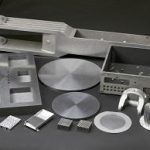
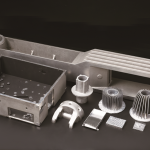
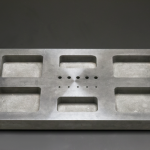
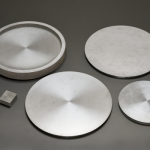
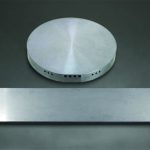
mmc types
cast mmc
Produced by pouring molten aluminum containing SiC particles into a mold. (Product codes SA301, SA401, etc.).
Advantages:
1.Components made of these materials can be manufactured using the casting methods of sand mold casting and die casting. These aluminum castings, iron castings can be replaced without changing the shape.
2. With lightness equivalent to aluminum, and a Young’s Modulus 1.8X that of aluminum with reduced thermal expansion by 60% and increase in thermal conductivity.
3. With the rigidity higher than cast iron and about one third lighter than cast iron with 3x improved thermal conductivity..
infiltrated mmc
Molten aluminum is forced into a preform containing the SiC reinforcement. (Product codes SS501, SS701, etc.)
Advantages:
1.With lightness equivalent to aluminum and a Young’s Modulus 4X of aluminum with a one third reduced thermal expansion along with increased thermal conductivity.
2. While one third lighter than SUS and increased Young’s modulus by 20% with reduced thermal expansion by up to 40% and 10X increase in thermal conductivity.
3. It is easier and inexpensive to manufacture larger parts out of this material versus aluminum ceramics. By infiltrating aluminum in the ceramic it will improve the fracture toughness and make handling easier along with improved wear resistance.
mmc features
We offer metal matrix composites (MMCs) utilizing Aluminum (Al) as the base metal and Silicon Carbide (SiC) as the reinforcing ceramic. These MMCs come in two primary forms:
High Strength-To-Weight Ratio
Improved Vibration Damping
Enhanced Wear Resistance
improved high-temperature performance
customizable properties
multifunctionality
mmc products
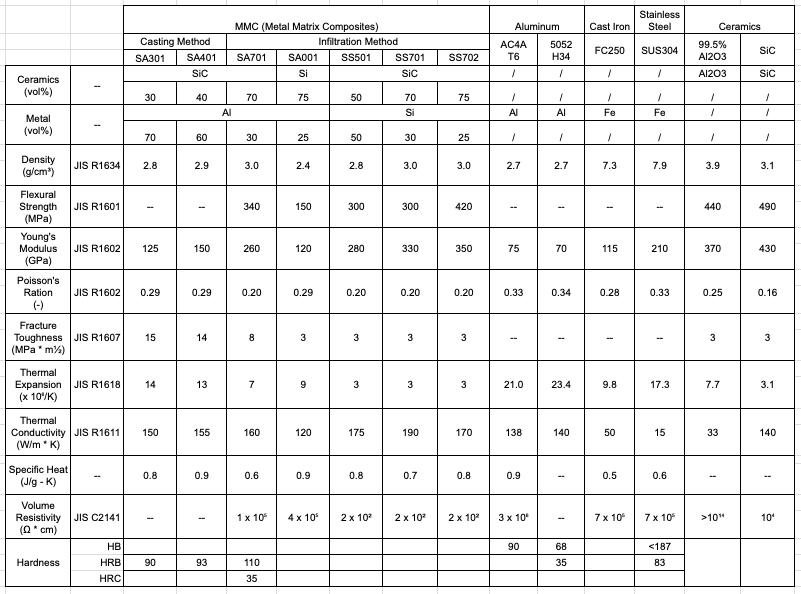
industries that use mmcs
aerospace
MMCs offer a high strength-to-weight ratio, making them ideal for lightweight yet robust aerospace structures. They also exhibit good wear resistance and can withstand high temperatures encountered in aircraft engines.
automotive
MMCs provide enhanced wear resistance for components subjected to friction and abrasion, leading to improved engine performance and lifespan. Additionally, the lightweight nature of some MMCs can contribute to increased fuel efficiency.
electronics
Certain MMCs offer good thermal conductivity, which is crucial for dissipating heat generated by electronic components. This helps maintain optimal operating temperatures and prevents overheating.
Calix Ceramics Solutions Service Benefits
Calix Ceramic Solutions goes beyond simply offering MMC materials. We function as a partner for our clients throughout the process:
